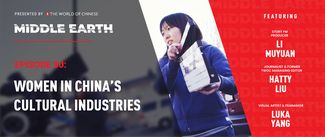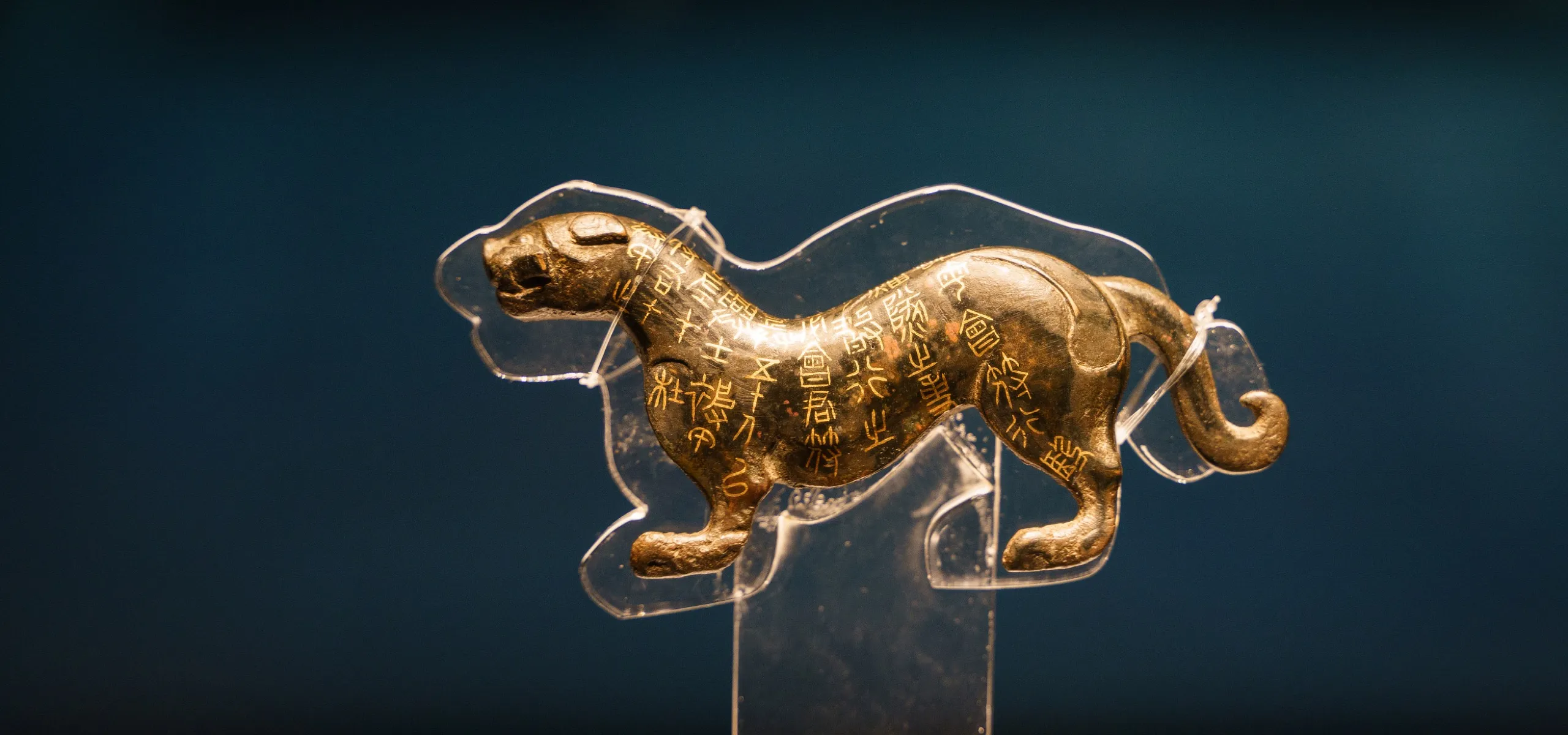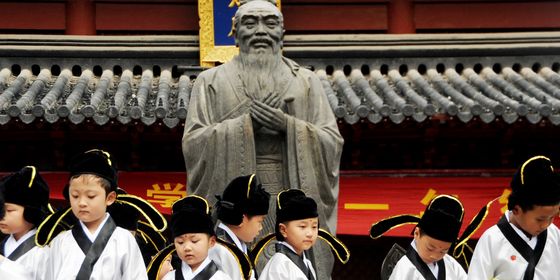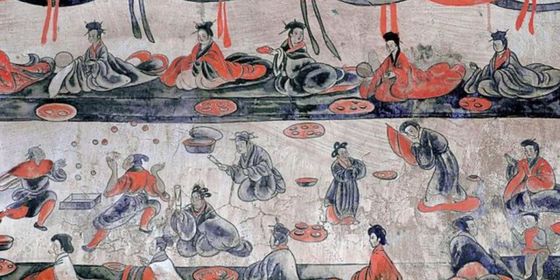Tigers have represented bravery, strength, and authority for centuries in Chinese culture
Mao Zedong may have popularized the term “Paper Tiger (纸老虎)” in English, to describe the terrifying appearance but unthreatening reality of America’s nuclear weapons during an interview in 1946, but the term had been around for centuries in Chinese before that. Indeed, the tiger has been a symbol of strength and majesty since ancient times in China, and is thought to ward off evil spirits.
The Year of the Tiger, the third in the cycle of the 12 Chinese zodiac animals, is now nearly upon us, and with the fearsome feline believed to be “the king of all beasts,” it is perhaps the most desirable zodiac animal after the dragon. Indeed, Chinese often depict the stripes on the animal’s forehead in the shape of the Chinese character “王,” meaning “king.”
The White Tiger, or “白虎” in Chinese, is one of four major star constellations identified by ancient Chinese, known as “四象 (sìxiàng, Four Symbols).” The tiger is found in the west of the night sky, along with the Azure Dragon of the East (东方青龙), the Vermilion Bird of the South (南方朱雀), and the Black Tortoise-Snake of the North (北方玄武). These four beasts were known as the “Four Mythical Animals (四神兽)” or “Four Spirits of Heaven (天之四灵),” with the White Tiger worshiped as the guardian god of the west.
Though the tiger is the only animal among the Four Symbols that is not mythical, it is often described as a “deity” in Chinese literature. In The Classic of Mountains and Seas (《山海经》), a compilation of stories about mythic geography and beasts believed to have been written before the Han dynasty (206 BCE – 220 CE), the god of Kunlun Mountain, Lu Wu (陆吾), has the body of a tiger, nine tails, and tiger paws—though with a human face.














